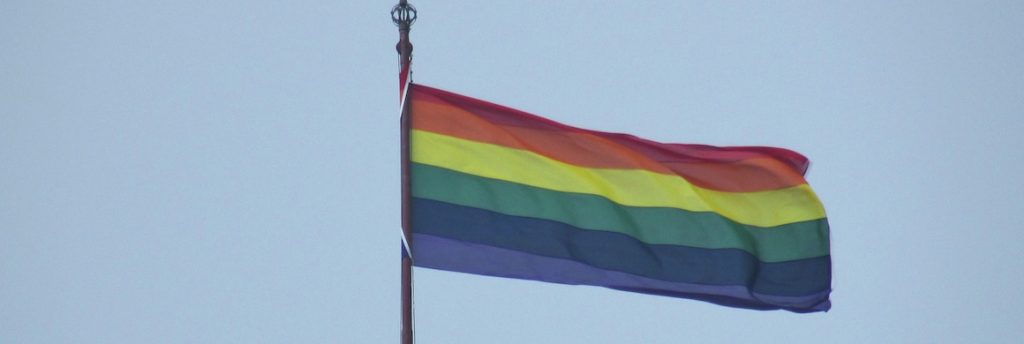Seattle University Professor Talks Economics and the LGBTQ Community

As the elections draw nearer, the candidates are beginning to weigh in on two important issues: the minimum wage and the gender pay gap. Changing the policy around these two issues will have a far-reaching impact economically and within the LGBTQ community. In fact, according to Seattle University Assistant Professor Joseph DeFilippis, it could help debunk the “myth of gay affluence.”
The myth is this: that gays and lesbians make more money than the general population. The reality, DeFilippis argues, is quite the opposite, but unfortunately, the idea has taken hold and is often “used by conservatives to oppose rights.” “Gay white men are better off than other members of the [LGBTQ] community, but they still earn one-third less income than their heterosexual counterparts,” he told NBC OUT. Additionally, 24 percent of lesbian and bisexual women live below the poverty line, and black and Latino LGBTQ people have higher poverty rates than white LGBTQ people and black and Latino heterosexuals, he continued.
Unfortunately, the statistics get even worse. Years of research on poverty in the LGBTQ community have revealed that between 60 and 65 percent of transgender people live below the poverty line and earn lower wages than their peers. Even worse, “one-third of black trans people live in extreme poverty, with a household income of less than $10,000,” he said.
So, how can raising the minimum wage and closing the gender gap help? Lee Badget, a professor of economics and director of the School of Public Policy at the University of Massachusetts, conducted a study with surprising results. She found that raising the minimum wage drops poverty for all groups, including male and female same-sex couples. In addition, LGBTQ advocates are also trying to push through the Equality Act, which would add protections based on sexual orientation and gender identity to the Civil Rights Act of 1964.
